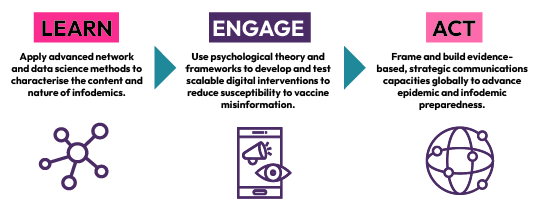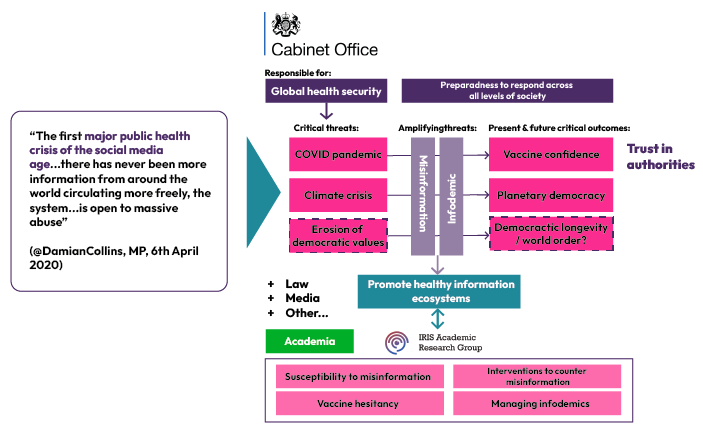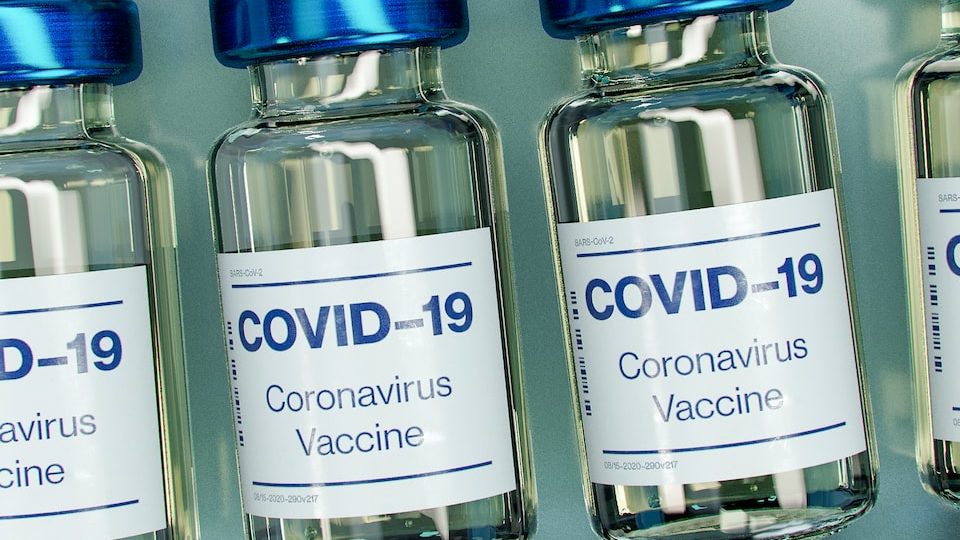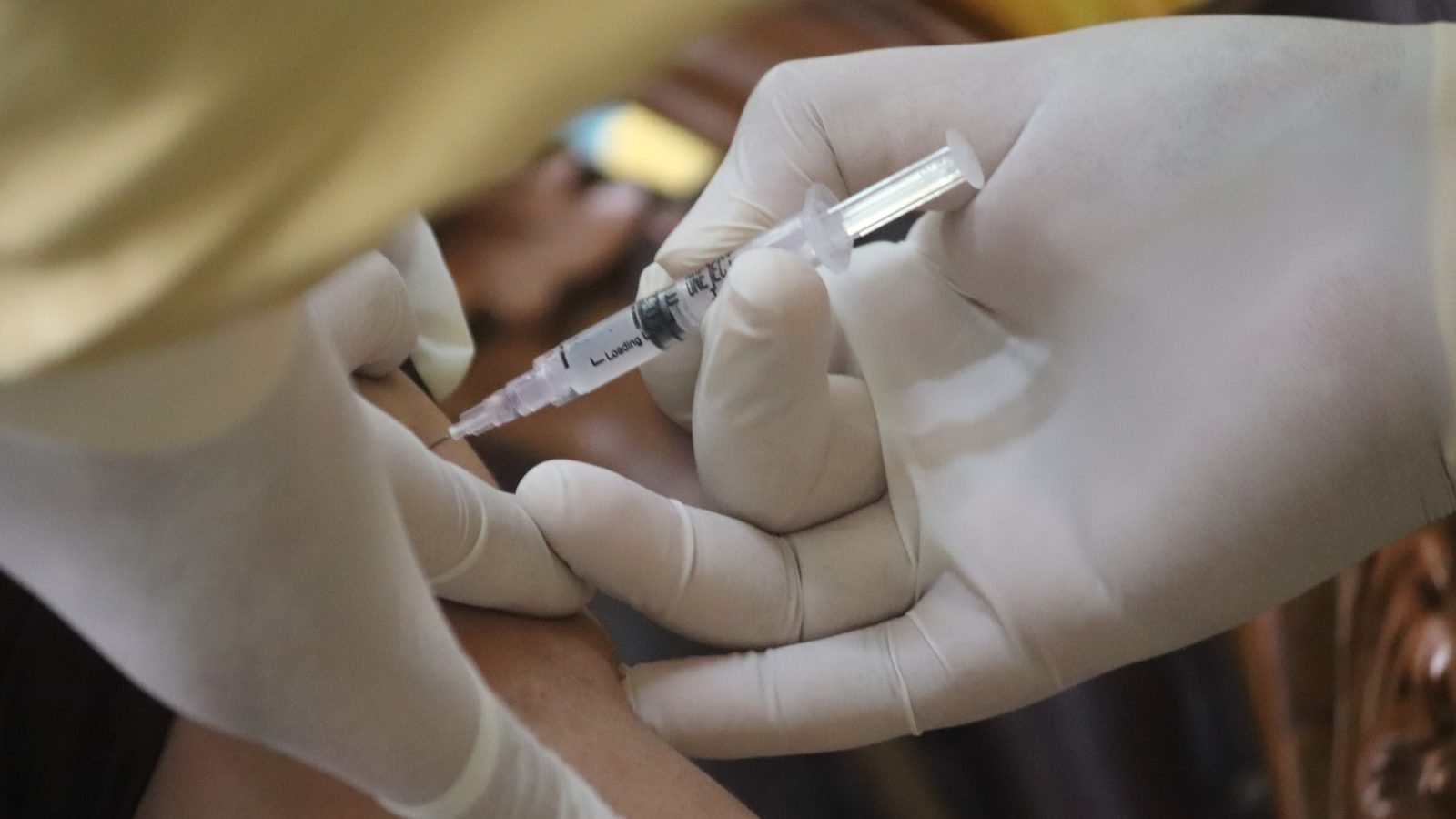Overview
The IRIS Academic Research Group was founded by some of the world’s leading researchers and academic institutions and launched in June 2021 at the inaugural Global Vaccine Confidence Summit as part of the UK government’s G7 Presidency.
The Summit sought to look at and drive the development of innovative solutions to tackle misinformation and support confidence in lifesaving COVID—19 vaccines around the world.
Speaking at the Summit, Prof Heidi Larson, Founder and Director of the VCP at LSHTM and Lead Research Partner of the IRIS Academic Research Group, said:
“I’m delighted to be taking part in the first Global Vaccine Confidence Summit because I know through my own work leading the Vaccine Confidence Project that no single government, academic institution or organisation can tackle this challenge alone. To ensure the high levels of vaccine uptake needed to help end this pandemic, we need true cross-sectoral input to build trust across the various relationships – from scientists and health authorities to business partners and communities. As we look ahead to preparedness for future pandemics, now is the time to think about building foundational trust to support vaccine confidence for the future.”
Prof Heidi Larson, Founder and Director of the VCP
Misinformation is a critical challenge for the information age
The COVID-19 pandemic has shown that it is not just a health problem – it has also fuelled an infodemic on an unprecedented scale. Since the outbreak of COVID-19 the digital media ecosystem has been flooded with “alternative explanations” and conspiracy theories.
Purveyors of conspiracy theories emerge in uncertain times when they have audiences eager for some kind of explanation for the unexplained phenomena, such as the COVID-19 pandemic.
As a result, the public’s attention can shift from media/government advice towards alternative explanations which are dangerous and can have negative effects on societies, impacting the ways in which people process and act upon information.
Global needs
There is an urgent need to understand:
- How misinformation spreads in the context of an infodemic
- Citizen susceptibility to misinformation
- How susceptibility to misinformation affects vaccine hesitancy / confidence (as well as willingness to comply with other global health security recommendations such as climate change control measures or impact on political polarisation)
- Which communication interventions can be most impactful in countering the effects of misinformation on citizens
Research approach and direction
IRIS Academic is a multidisciplinary research collaboration that combines expertise in network and data science, statistics, medical science, anthropology, psychology, sociology, and risk communications to respond to issues of online misinformation.
The group’s central purpose is to develop and evolve new and existing methodologies to better understand the nature and influence of misinformation and related infodemics and build global capacities.
The research approach is staged across three action points – Learn, Engage and Act:
The research programme is organised into four topic pillars:
- Susceptibility to Misinformation
- Interventions to Counter Misinformation
- Vaccine Hesitancy
- Managing Infodemics
IRIS researchers are working to identify and define measures, drivers and solutions that help to understand relationships between susceptibility to misinformation, the spread of misinformation, vaccine hesitancy and effective interventions to protect people from misinformation. Research results to date span observational, theoretical and intervention design pieces. See the IRIS website for all related publications.
The research stream led by LSHTM is experimenting with new crowdsourcing methodologies as a tool to support media monitoring and social listening to help inform issue response.
The IRIS coalition work so far revealed a large variation in the ability of intra-governmental systems to deal with misinformation. While data and information are currently available to design communication campaigns and describe the scale of the problem, studies are needed to understand how to translate the observed data and information into effective and meaningful strategies and programmes.
The key conclusion is that across the disciplines and themes, the issue of infodemic is essentially the issue of trust. In the future IRIS coalition will focus on misinformation analysed as a systemic issue societies, governments and individuals have with trust and how this issue could be addressed.
Events
World Health Summit Regional Meeting 2022 – As part of her keynote on “Building Societal Cooperation and Cohesion: The Next Big Global Health Challenge”, Prof. Larson discussed some of the work of the IRIS Academic Research Group.
16th International lAAAI Conference on Web and Social Media (ICWSM) – Prof. Larson presented as a guest speaker at the workshop on “Misinformation: new directions in automation, real-world applications, and interventions”






